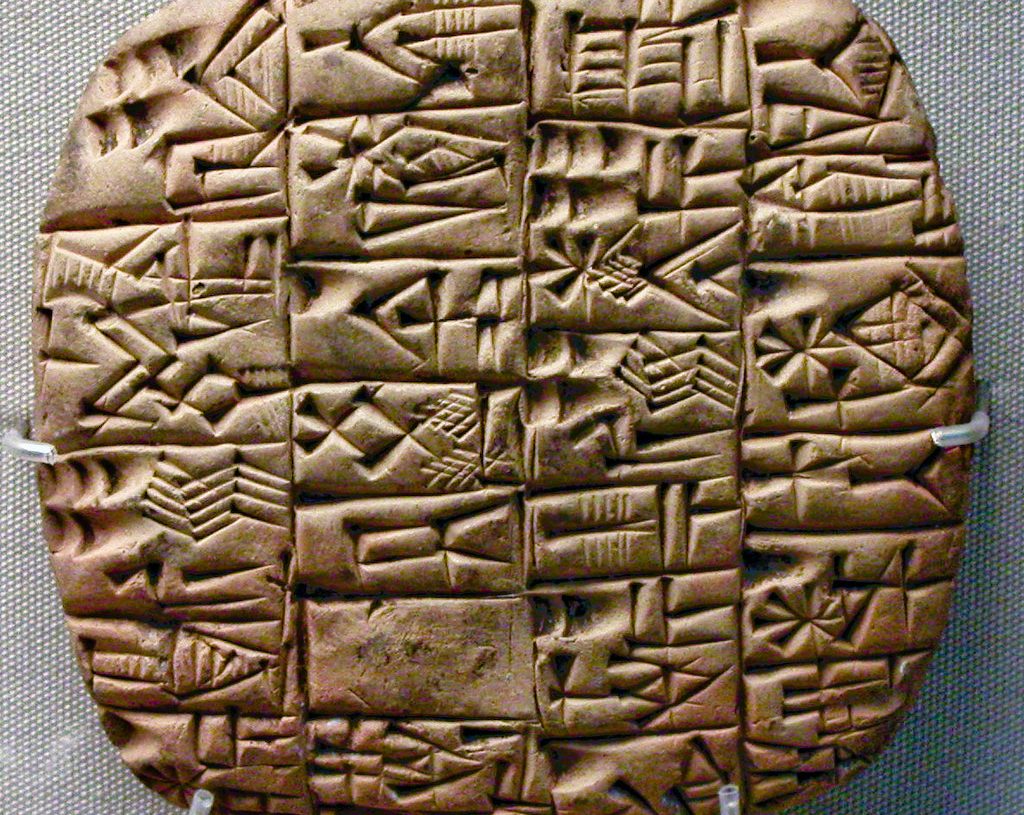Archaeologists have discovered a new ancient language at Boğazköy-Hattusha in the northern Turkish province of Çorum.
The language is similar to the cuneiform used by the Hittites, which is the oldest attested member of the Indo-European family, but with different symbols and letters. Archaeologists are trying to determine whether this language emerged before or after the Hittites, or whether it is linked to them.
Other languages, such as Luwian and Palaic, are also represented at the site.
They hope that this language can help us understand the history and culture of Anatolia. The name of this language is not yet known, but archaeologists have started calling it “Boğazköy Language”. According to the Julius-Maximilians-Universität Würzburg in Germany, a public research university, the lost language belongs to the Indo-European family, which includes hundreds of related tongues that are all thought to share a single prehistoric ancestor.
Just under half the world’s population speaks an Indo-European language, which are native to most of Europe, the Iranian plateau and the northern Indian subcontinent. Some of the most widely spoken Indo-European languages are English, Hindi, Spanish, French, Russian, Portuguese, German, Punjabi and Bengali.
This latest Indo-European language was discovered thanks to a ritual text inscribed on a tablet at the UNESCO World Heritage Site of Boğazköy-Hattusha in Turkey’s northern Çorum province. Boğazköy-Hattusha was once the capital of the Hittite Empire, one of the great powers of the Near East during the Late Bronze Age, the period between roughly 1650-1200 B.C.
Excavations have been taking place at Boğazköy-Hattusha for more than century under the direction of the German Archaeological Institute (DAI).
Around 30,000 clay tablets have been found at the site to date, which have shed light on various aspects of life during the Hittite period, according to the Julius-Maximilians-Universität Würzburg.
However, excavations conducted this year, led by professor Dr. Andreas Schachner of the DAI’s Istanbul Department, surprisingly uncovered a recitation of a previously unknown extinct language. The language was hidden on a cuneiform tablet containing a ritual text written in Hittite. The Hittite ritual text refers to the lost tongue as the language of the land of Kalašma, an area that likely corresponds to where the towns of Bolu or Gerede in northern Turkey are located today.
“The Hittites were uniquely interested in recording rituals in foreign languages,” Daniel Schwemer, head of the Chair of Ancient Near Eastern Studies at Julius-Maximilians-Universität Würzburg, said in a press release.
For now, the recently discovered language remains largely incomprehensible.












